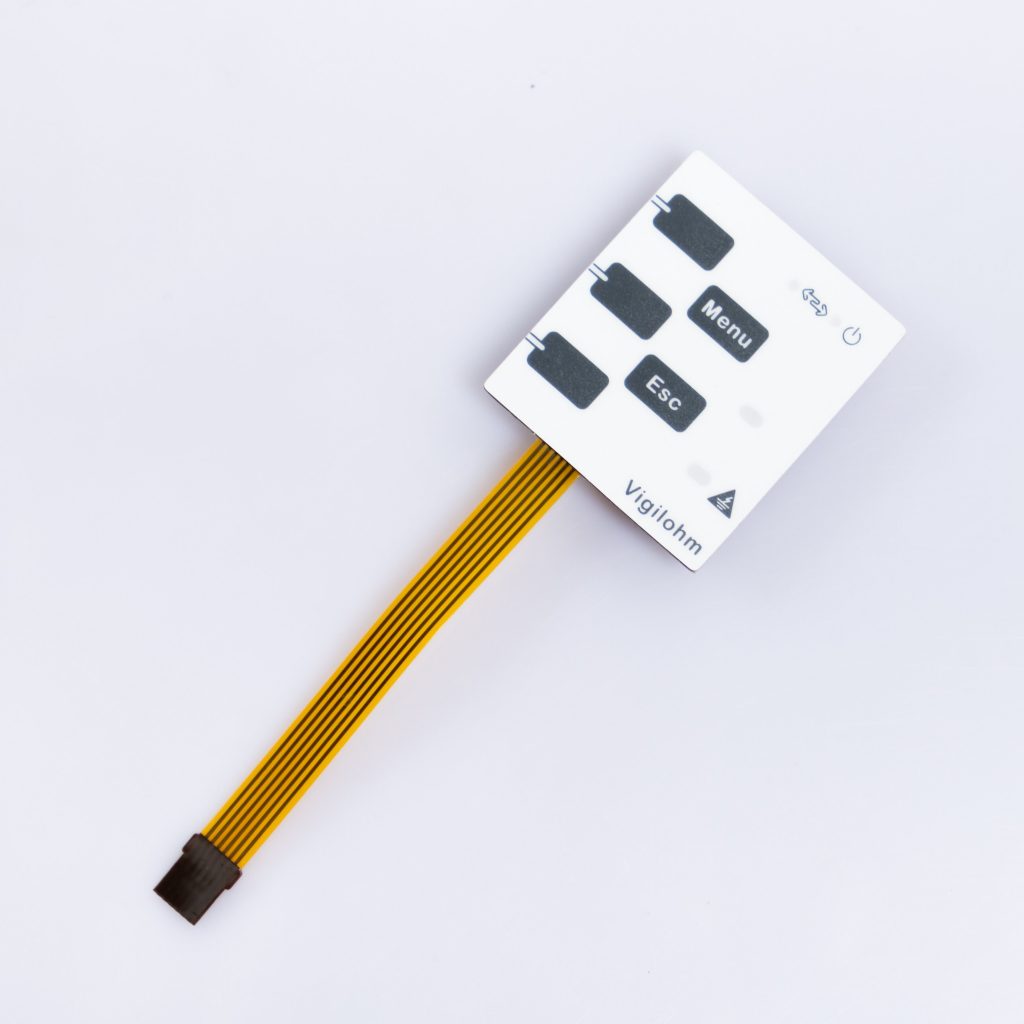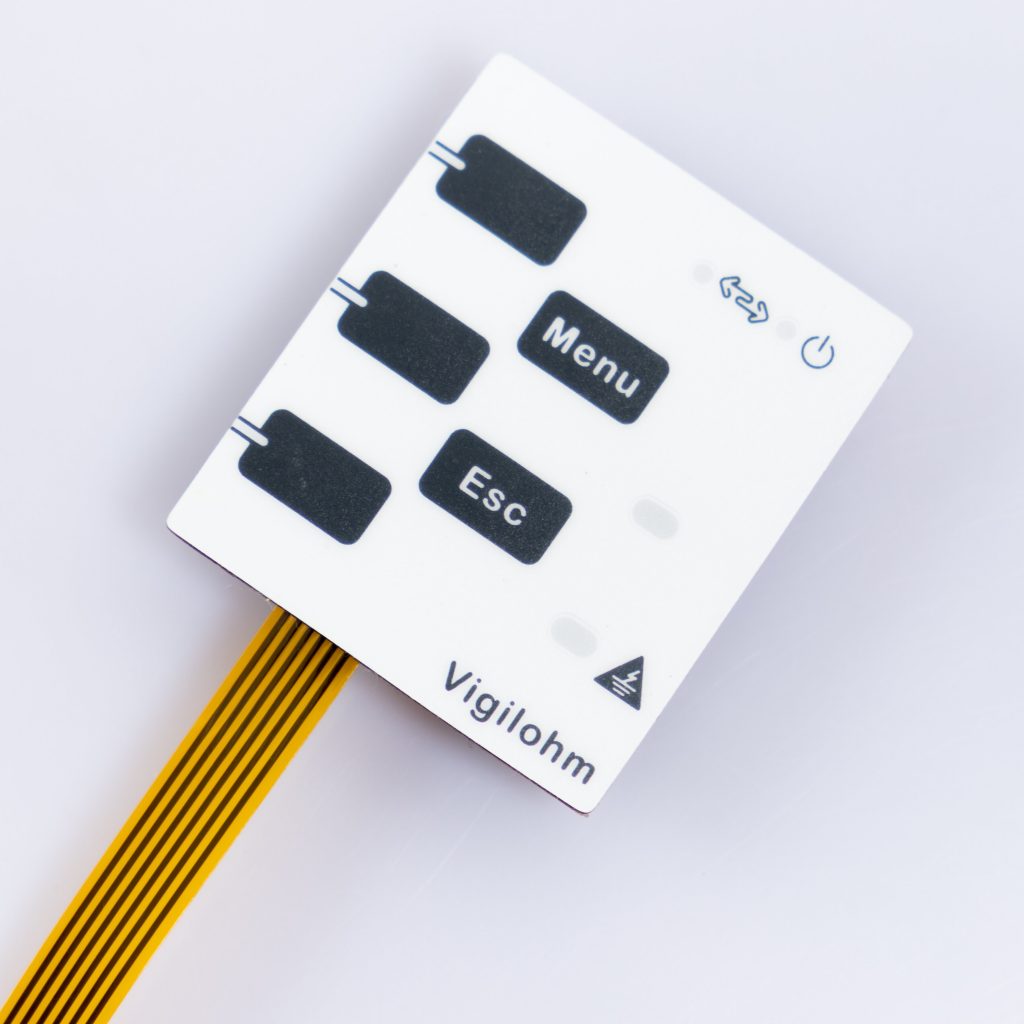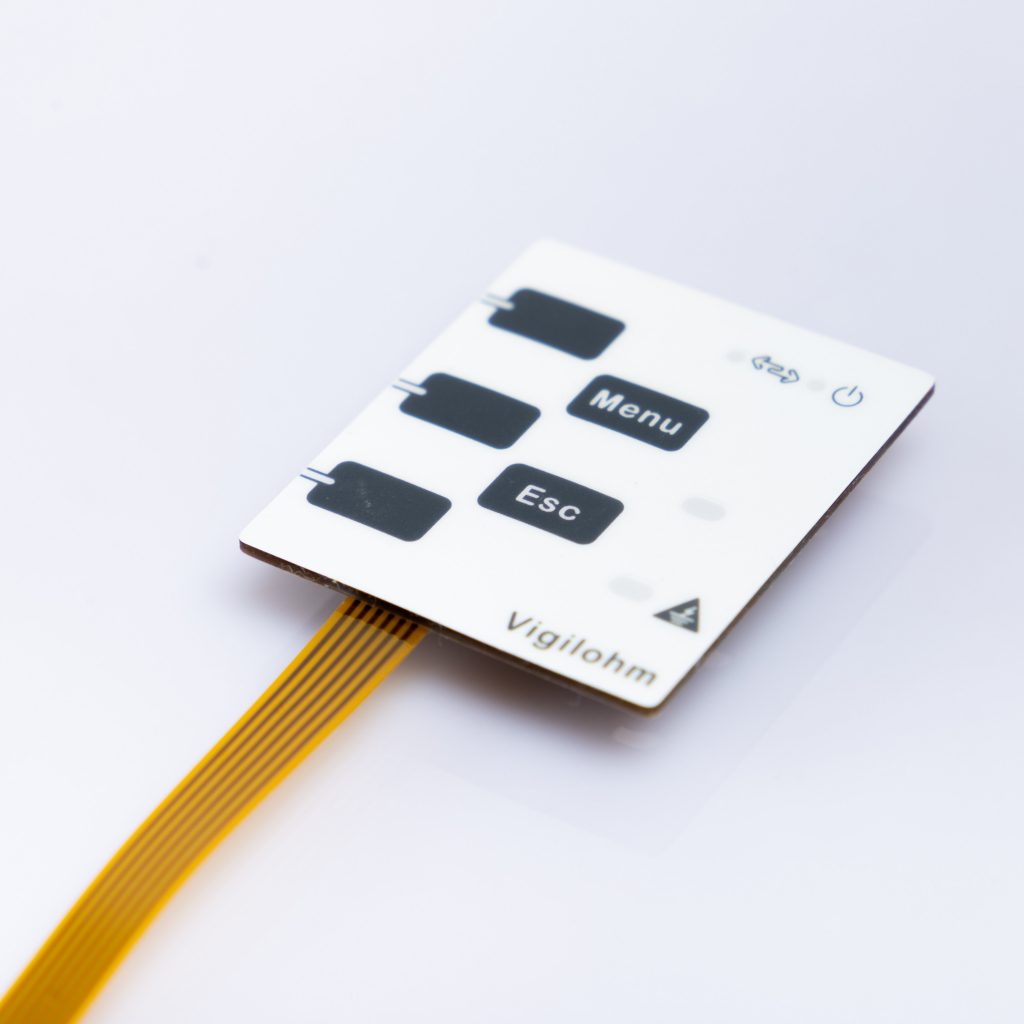Contact
Write to Us And We Would Be Happy to Advise You.
Do you have any questions, or would you like to speak directly with a representative?
By hqt
When it comes to keyboards and input devices, there are various technologies and designs available. Two popular types of keys that often come up in discussions are metal dome keys and silver paste (die-pressing) keys. These two types of keys have their unique characteristics and applications. In this article, we will delve into the intricacies of metal dome keys and silver paste (die-pressing) keys, exploring their differences, advantages, and use cases. So, let’s dive right in and uncover the details!



Metal dome keys and silver paste (die-pressing) keys differ in terms of their underlying technologies, construction, and functionality. Understanding these distinctions is crucial for making informed decisions regarding their implementation in various electronic devices. Let’s take a closer look at the differences between metal dome keys and silver paste (die-pressing) keys:
Metal Dome Keys: A Tactile Experience
Metal dome keys are a popular choice for keyboards due to their tactile feedback and reliability. These keys are constructed using a metal dome made of stainless steel, coated with a conductive material. When the key is pressed, the dome collapses, creating a tactile sensation and a satisfying “click” sound. This feedback helps users confirm that the keypress has been registered.
Metal dome keys are commonly found in consumer electronics, such as mobile phones, remote controls, and calculators. They are also utilized in industrial applications where durability and responsiveness are crucial. The dome shape ensures consistent performance over an extended period, with millions of actuations possible.
Silver Paste (Die-pressing) Keys: A Slim and Responsive Solution
Silver paste (die-pressing) keys, on the other hand, offer a different approach to key design. Instead of metal domes, these keys utilize a layer of silver paste that acts as a conductive material. The paste is screen-printed onto a flexible substrate, forming the key contacts. When pressure is applied to the key, the silver paste connects the circuit, registering the keypress.
One of the advantages of silver paste keys is their slim profile. The absence of metal domes allows for a thinner and more compact design, making them ideal for applications where space is limited, such as laptops and ultrabooks. Furthermore, silver paste keys offer a smooth and quiet typing experience, making them popular among users who prefer a low-profile keyboard.
To gain a comprehensive understanding of metal dome keys and silver paste (die-pressing) keys, let’s compare them across various aspects:
| Aspect | Metal Dome Keys | Silver Paste (Die-pressing) Keys |
| Tactile Feedback | Provide tactile feedback and audible “click” sound | Offer smooth and quiet typing experience |
| Durability | Highly durable with millions of actuations possible | Moderately durable, suitable for regular use |
| Key Profile | Generally higher profile due to the metal dome | Slim profile, ideal for thin and compact designs |
| Resistance to Contaminants | Resistant to dust and debris due to the dome structure | Susceptible to dust accumulation, requires maintenance |
| Cost | Relatively cost-effective for mass production | Slightly more expensive due to the silver paste material |
| Application | Commonly used in consumer electronics and industrial applications | Widely implemented in laptops, ultrabooks, and compact devices |
As illustrated in the comparison table, metal dome keys and silver paste (die-pressing) keys have their own set of advantages and suitability for different applications. The choice between the two depends on the specific requirements of the device and the preferences of the end-users.
In conclusion, the choice between metal dome keys and silver paste (die-pressing) keys depends on the specific requirements and design constraints of the electronic device. Metal dome keys offer tactile feedback, durability, and resistance to contaminants, making them ideal for consumer electronics and industrial applications. On the other hand, silver paste keys provide a slim profile, smooth typing experience, and are well-suited for thin and compact devices.
Understanding the differences between these two key types empowers manufacturers and users to select the most appropriate solution for their specific needs. Whether it’s the satisfying “click” of metal dome keys or the sleek design of silver paste keys, both technologies contribute to the diverse world of input devices.
Do you have any questions, or would you like to speak directly with a representative?